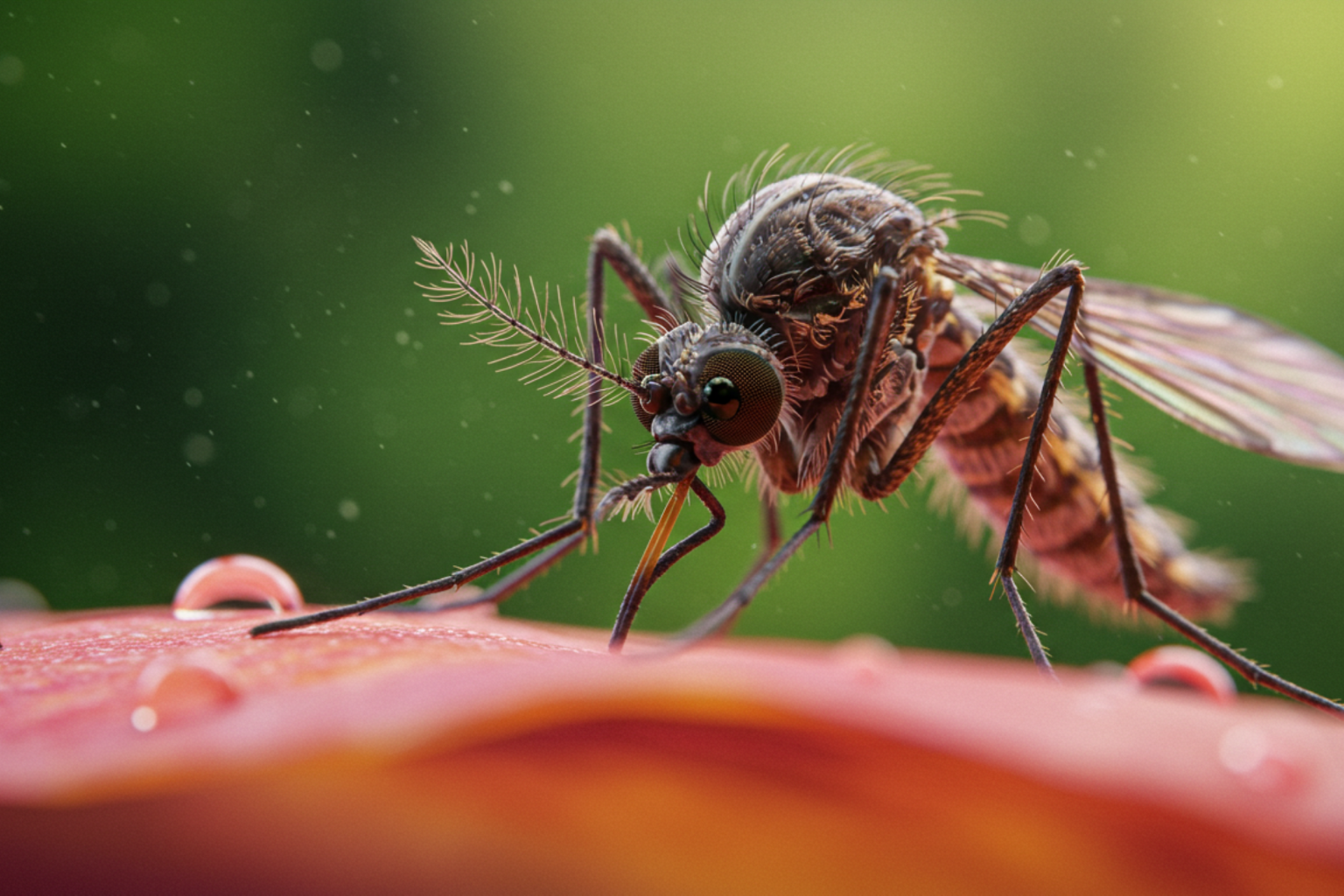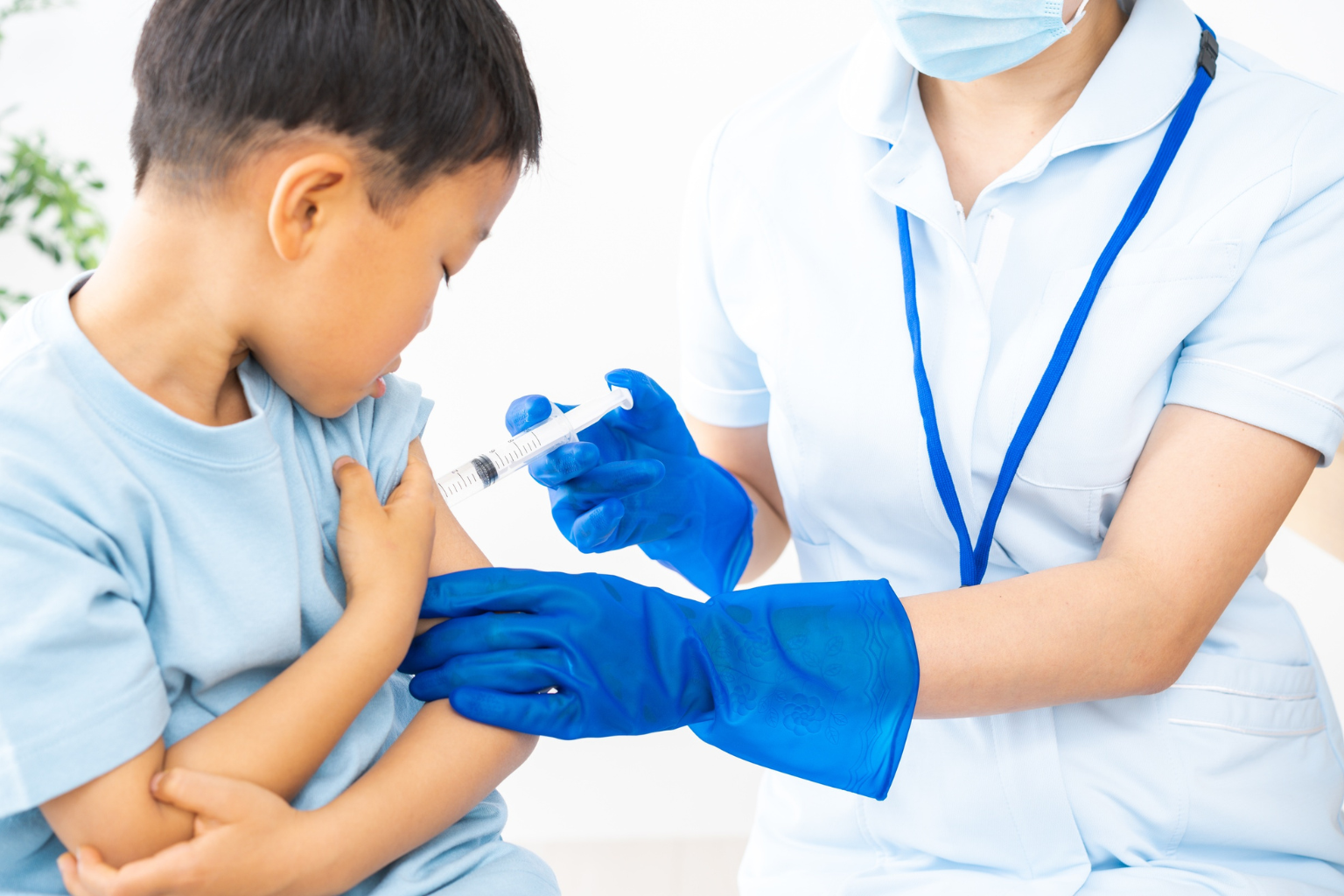West Nile Virus Emerges Early in New Jersey as Child and Adult Test Positive

In 2025, New Jersey health officials reported the first two human cases of West Nile virus, prompting concerns about its spread while mosquito activity continues high.
The New Jersey Department of Health reported that an Atlantic County kid and a Middlesex County adult were infected. The youngster showed symptoms in late July, the adult in early August. Officials said both people were hospitalized but are out and healing at home.
Four other potential human illnesses are under investigation by state health officials. One Sussex County blood donor tested positive but did not develop symptoms.
West Nile virus is the most frequent mosquito-borne infection in the US. The CDC reports that most infections go unreported, although the virus can cause fever, headaches, joint pain, and weariness. Occasionally, severe cases can cause neurological issues that necessitate hospitalization and are fatal.
Last year, New Jersey had 41 West Nile virus infections, including eight deaths, compared to the average 14. The virus was found in mosquitoes earlier than usual this season, worrying health authorities despite the low number of verified cases in 2025.
Infected mosquitoes were found in April, months before the summer peak, according to Acting Health Commissioner Jeff Brown. All 21 counties of the state have West Nile activity, with Bergen, Middlesex, Union, Essex, and Hudson counties having significant mosquito infection rates.
Brown warned the threat will last throughout September. New Jersey residents should keep watchful throughout mosquito season, which can run until early November depending on weather. Health professionals say prevention is best since West Nile virus has no therapy. To decrease mosquito exposure, use insect repellent, wear long sleeves, and remove standing water around residences.
Most West Nile virus patients may not have symptoms, but those who do may initially ignore lethargy or bodily aches. Infected elderly persons and people with low immune systems are most at risk of serious sickness and long-term health issues. Serious instances can take weeks or months to recover, and some patients may never recover.
Over a thousand people are infected and over 100 die from the illness annually. New Jersey officials advise the public to take the illness seriously and be cautious in the weeks ahead due to significant mosquito activity this season.
Sources
New Jersey Department of Health
Centers for Disease Control and Prevention




